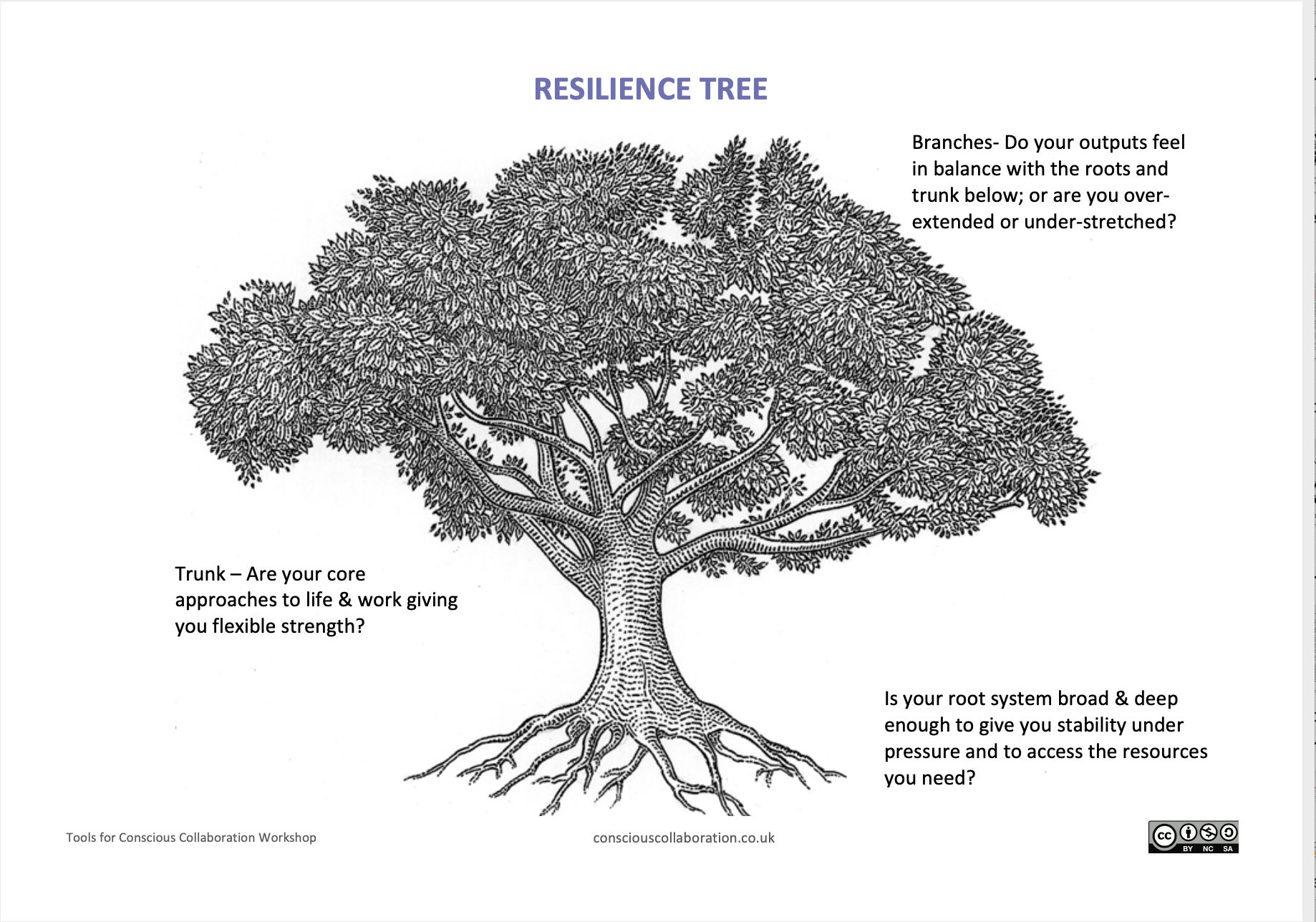Resilience
10 ways to get more resilience
1. Reach out to those closest to you, be more sociable with your coworkers. Connect with a cause or a community group that is personally meaningful to you e.g Extinction Rebellion
2. Set boundaries. Don’t overextend yourself. Learn how to say “no” to requests on your time. If you find this difficult, remind yourself that saying “no” allows you to say “yes” to the commitments you want to make. e.g “I’d like to say yes, but I have to say no. I am at full capacity r ig ht now.”
3. Take a daily break from technology. Set a time each day when you completely disconnect. Put away your laptop, turn off your phone, and stop checking email.
4. Nourish your creative side. Creativity is a powerful antidote to burn-out. Try something new, start a fun project, or resume a favorite hobby. Choose activities that have nothing to do with work or whatever is causing your stress.
5. Set aside relaxation time. Relaxation techniques such as yoga, meditation, add link and deep breathing activate the body’s relaxation response, a state of restfulness that is the opposite of the stress response.
6. Get plenty of sleep. Feeling tired can exacerbate burn-out by causing you to think irrationally. Keep your cool in stressful situations by getting a good night’s sleep.
7. Make exercise a priority. Even though it may be the last thing you feel like doing when you’re burned out, exercise is a powerful antidote to stress and burn-out. It’s also something you can do right now to boost your mood.
8. Reduce your negative mood foods that can adversely affect your mood, such as caffeine, trans fats, and foods with chemical preservatives or hormones.
9. Avoid nicotine. Smoking when you’re feeling stressed may seem calming, but nicotine is a powerful stimulant, leading to higher, not lower, levels of anxiety.
10. Drink alcohol in moderation and in some cases not at all. Alcohol temporarily reduces worry, but too much can cause anxiety as it wears off.
found on www.consciouscollaboration.co.uk
